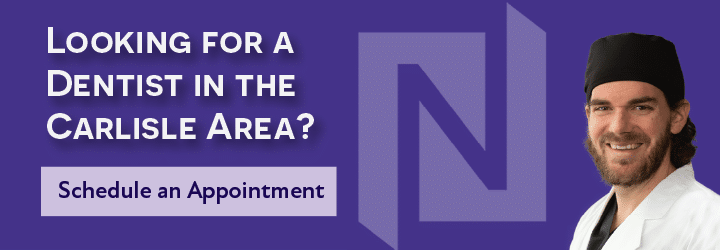Whether you should or shouldn’t rinse your mouth out after brushing has become a quite controversial topic. There are reasons on both sides of the argument so we have laid them out below:
Why Some Argue You Should Rinse Your Mouth:
After brushing your mouth is filled with a foamy flavored toothpaste so many people reach for a cup of water, gargle, and spit the remaining toothpaste out. By rinsing with water you’ll get rid of the excess toothpaste along with any food or bacteria that could have been stuck in your teeth.
Also rinsing with water helps avoid swallowing the toothpaste which can cause an upset stomach.
Arugment On Why You Shouldn’t Rinse Your Mouth Out With Water:
If you rinse after brushing you’re removing all the fluoride that was just in your mouth. Fluoride is the chemical found in toothpaste; that’s what makes it work!
The reason that dentists tell you to brush for 2 minutes is that it gives the toothpaste enough time to properly work. However – most people don’t brush for the recommended length of time. In fact, most people spend less than a minute brushing their teeth. So they say when you rinse with water, you’re potentially washing away any remnants of toothpaste, including the fluoride that makes it work. That could mean that even though you are brushing your teeth, it might not be as effective as it should be.
So, if you don’t rinse and just spit out the excess toothpaste, then the remaining fluoride will get to work and protect your teeth and you’ll enjoy cleaner and healthier teeth that are naturally strong against cavities and tooth decay in the future.
What Should You Do?
Both arguments make good points and ultimately this answer might not be what you want to hear, but it really depends on your preference!
While there have been studies on the effectiveness of rinsing vs. not rinsing and the results only indicate that there is possibly an advantage of one method over the other.
It all comes down to the fact that some people are just prone to cavities or might have poor dental health. If your teeth chip, crack or break easily, it’s strongly recommended that you do not rinse after you brush to allow for the fluoride to do all that it can to help. Similarly, if you consume a lot of sugar, you should probably avoid rinsing. If you don’t fit into these categories, then it’s really based on your own preference.
Dentists say it’s good to let the fluoridated toothpaste set in your teeth for a few minutes regardless if you do decide you want to rinse with water or not. While rinsing doesn’t harm you, it prevents the toothpaste from working to its best ability.
If you want to make further improvements to your daily oral care routine, consider these tips from the Mayo Clinic and the ADA:
- Eat a well-balanced, tooth-healthy diet.
- Limit high-sugar foods and drinks, such as candies and sodas.
- Avoid frequent snacking.
- Drink fluoridated water.
- Change your toothbrush every three to four months‚ or sooner if it looks worn or frayed.
- See your dentist regularly for checkups.
We want the best oral care for you, if you have any questions, don’t hesitate to give us a call or schedule an appointment!

